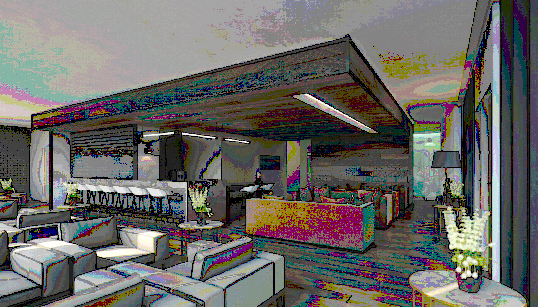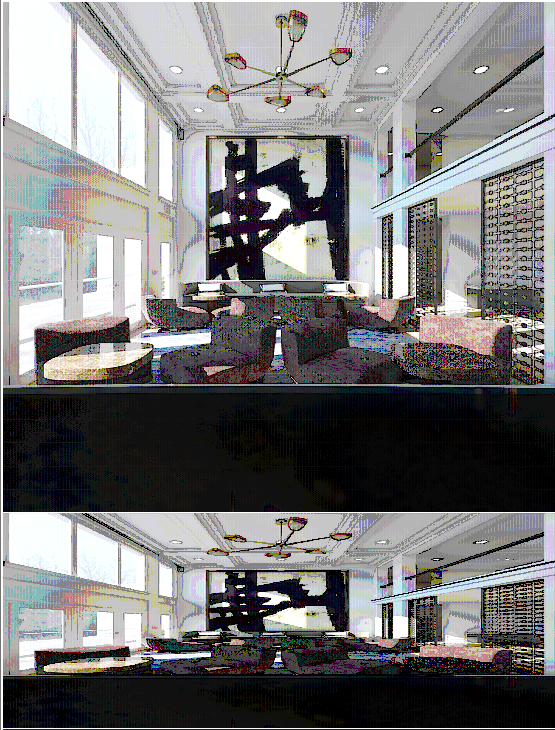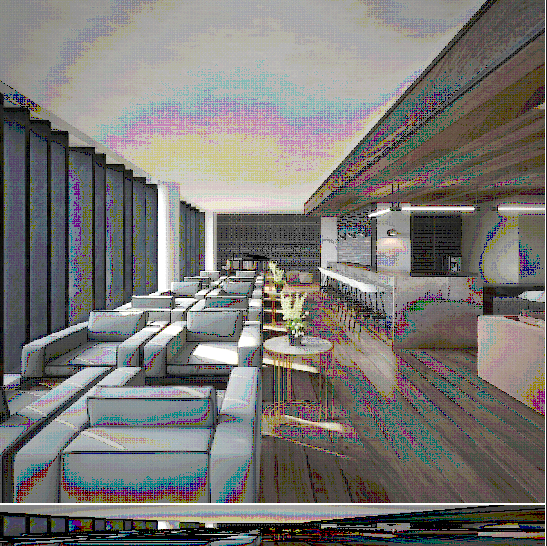The art of interior design has undergone a technological revolution in recent years, with 3D interior rendering services taking center stage. The role of a well-executed interior render has become indispensable for any design presentation that aims to wow clients and convey a vision with clarity and impact. In this post, let’s explore the intricate craft of perfecting interior renders for stellar design presentations.

The Symphony of a Good Interior Render
Think of an interior render as a symphony, where each element harmonizes to create an immersive experience. It is not just about showcasing a room with furniture; it’s about presenting a lifestyle, an emotion, and a vision. The lighting, textures, and spatial orientation—all these elements should blend seamlessly in your interior render to evoke the right mood and establish context.
Why 3D Interior Rendering Services Are Essential
Now you might ask, why go through the hassle of creating a 3D render when 2D sketches have worked fine in the past? Well, the dynamics of client expectations have evolved. Clients now crave a more detailed, lifelike portrayal of what their investment will manifest into.
Client Communication
A well-crafted 3D interior render speaks a universal language of visuals that transcends jargon. It gives clients an almost tangible sense of space, making it easier for them to grasp design concepts and nuances.
Realism and Attention to Detail
Traditional 2D sketches lack the depth and context to portray materials, textures, and lighting realistically. However, 3D interior rendering services offer a hyper-realistic visualization, enhancing the richness of wood, the glossiness of marble, or the soft glow of ambient lighting.
Cost-Effective Revisions
With 3D interior rendering, making modifications is as simple as a few clicks. Whether it’s changing the upholstery or moving a wall, adjustments can be made quickly and inexpensively.

Steps to Perfecting the Interior Render
- Understand the Client’s Vision
Start by gathering as much information as you can about the client’s preferences, needs, and lifestyle. This initial consultation forms the foundation upon which your render will be built.
- Choose the Right Software
The quality of your interior render depends significantly on the software you choose. Programs like Autodesk 3ds Max, SketchUp, and Blender are industry favorites.
- Texture Mapping
The role of textures in interior renders can’t be overstated. The texture should replicate real-world materials to lend authenticity to the render.
- Light It Up
Lighting can make or break an interior render. Natural light sources should be factored in, along with artificial lighting to highlight focal points in the design.
- High-Quality Rendering
Finally, take your time with the actual rendering process. The higher the quality, the more detailed and realistic your final image will be. 3D artists use third party rendering application like V-Ray, Corona or Octane Renderer to get the best output in less effort.

Beyond the Present: The Future of 3D Interior Rendering Services
As technology continues to advance, expect to see Virtual Reality (VR) and Augmented Reality (AR) become increasingly integrated into 3D interior rendering services. This technology will not only enhance design presentations but also allow clients to take virtual walkthroughs of spaces, further enriching the design dialogue.
Wrapping Up
The potency of an excellent interior render in today’s design landscape can’t be overlooked. With more firms and freelance designers adopting advanced 3D interior rendering services, now is the perfect time to invest in honing this craft. So the next time you prepare for a design presentation, remember—a captivating interior render can turn your vision into a visual language that everyone understands.
